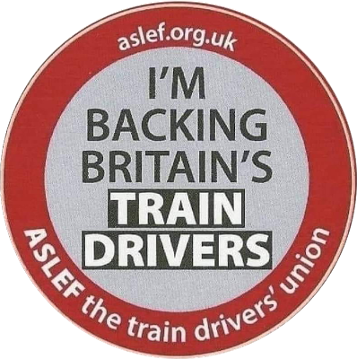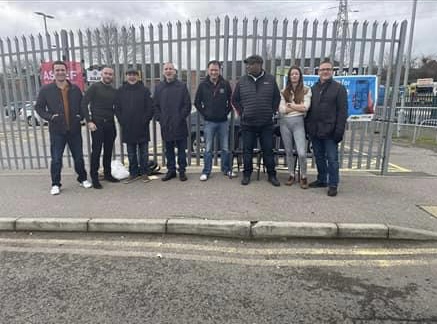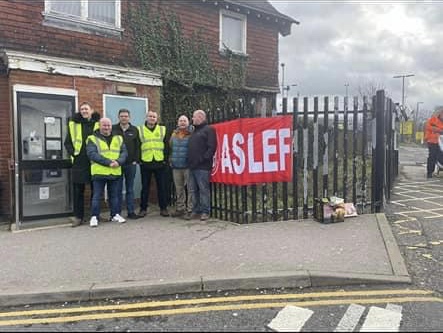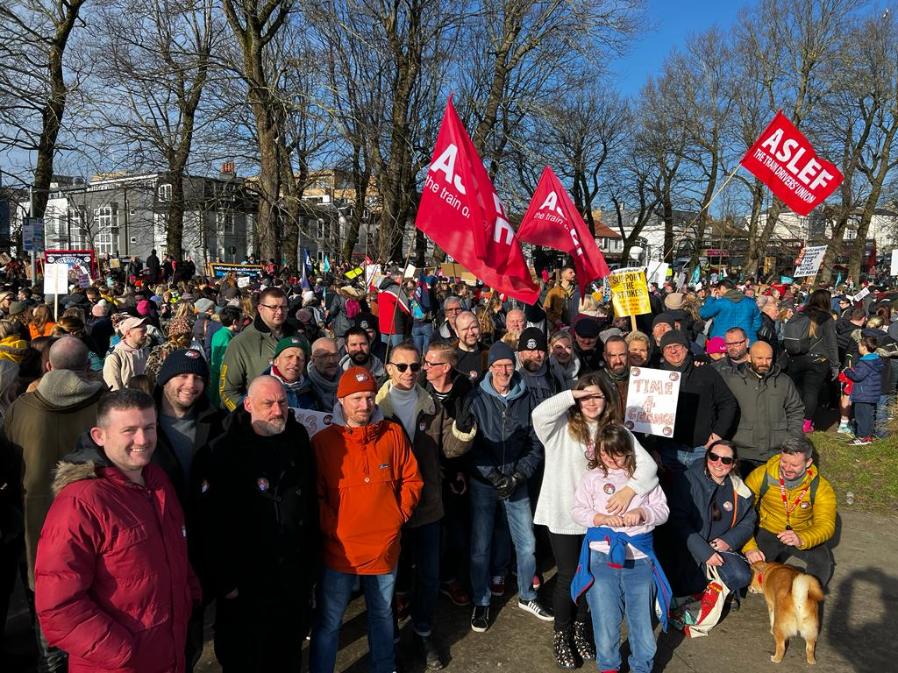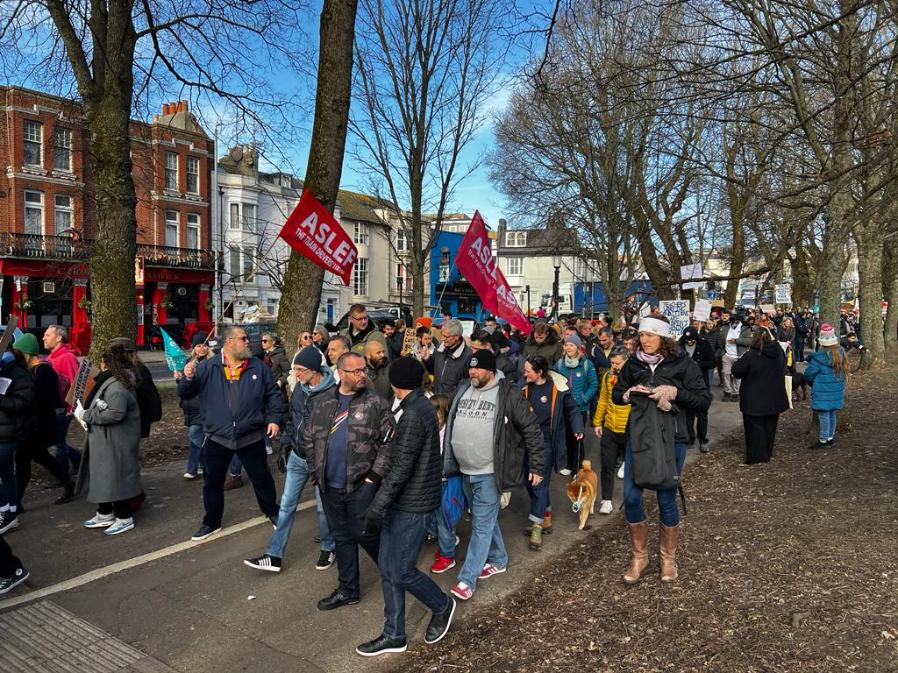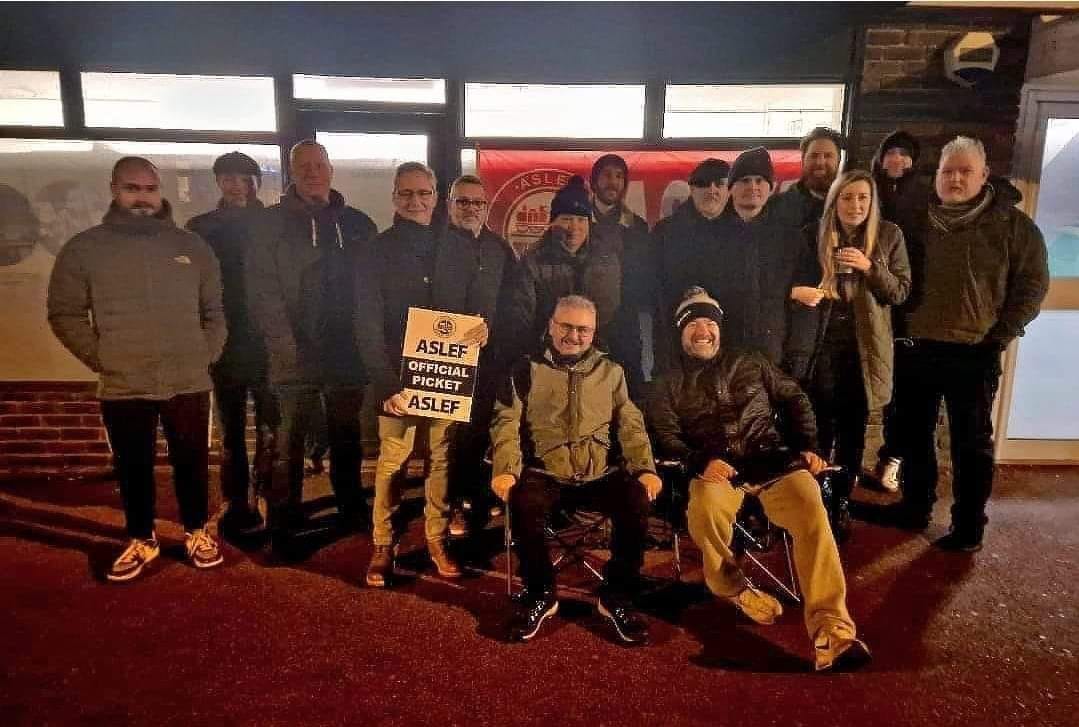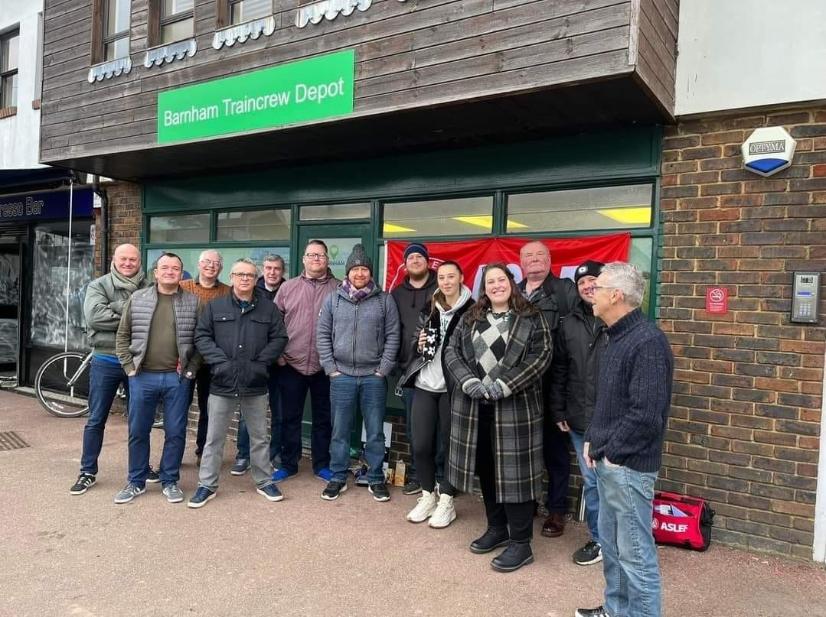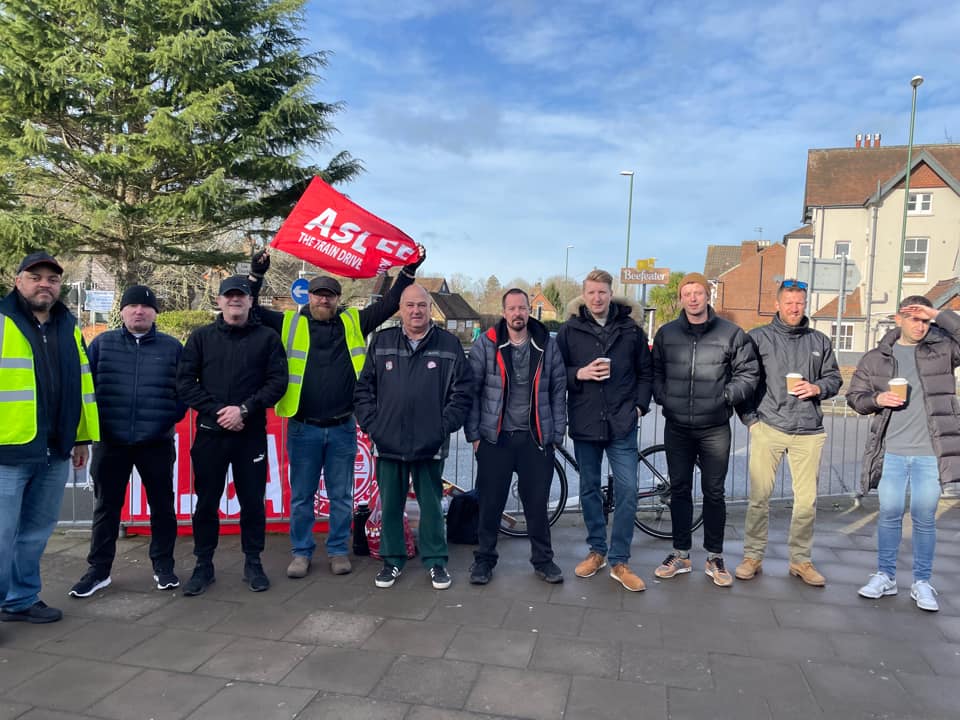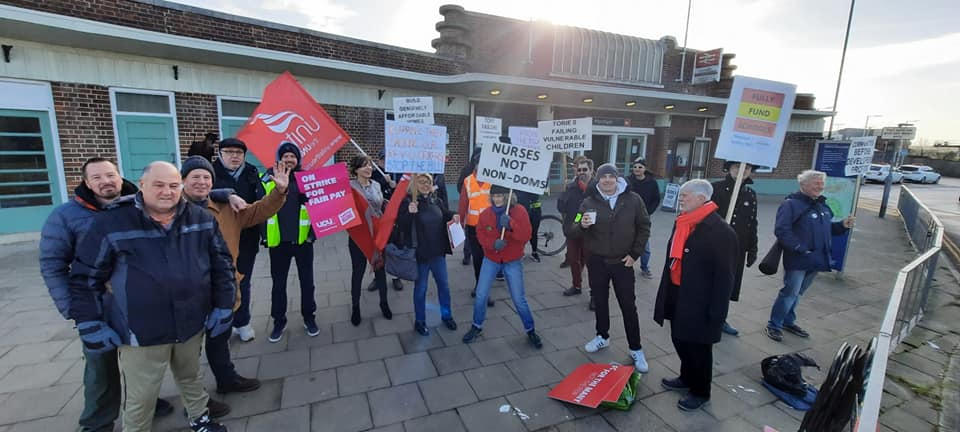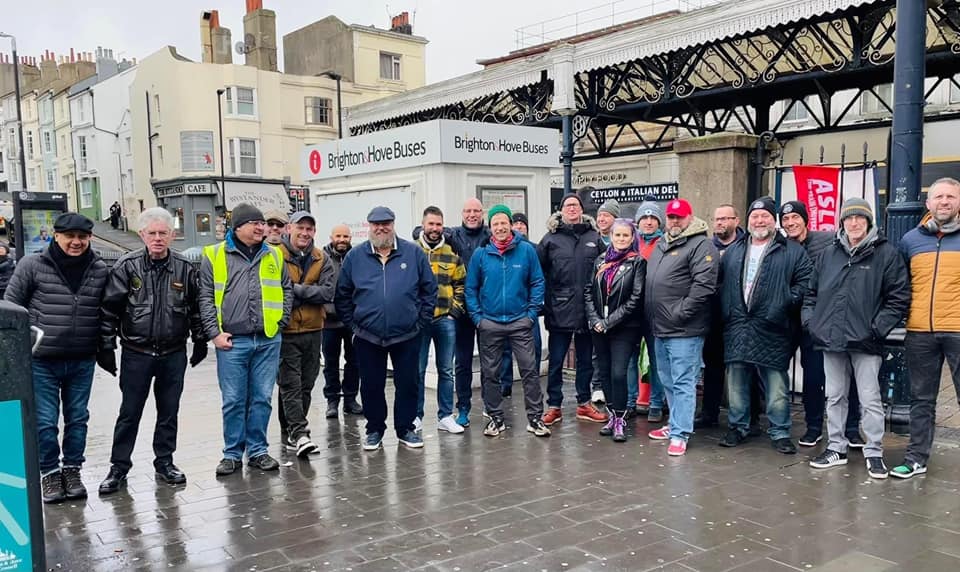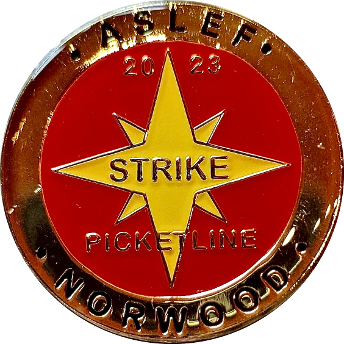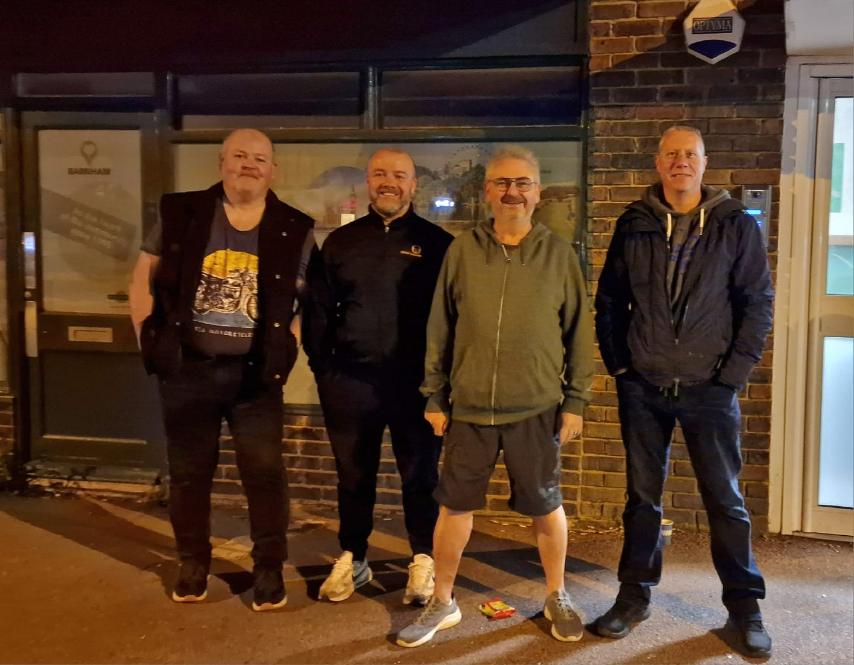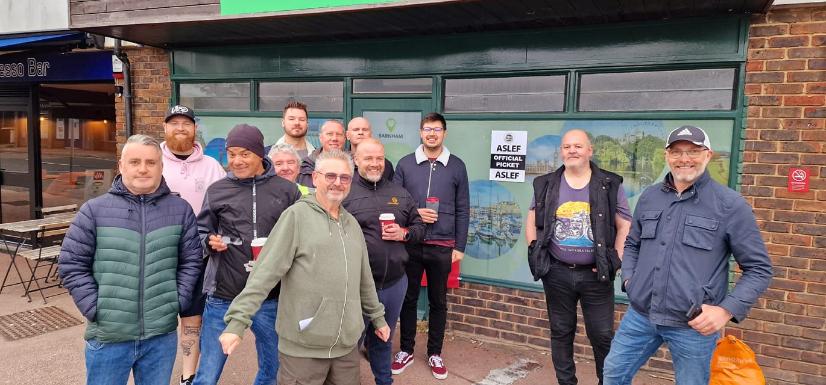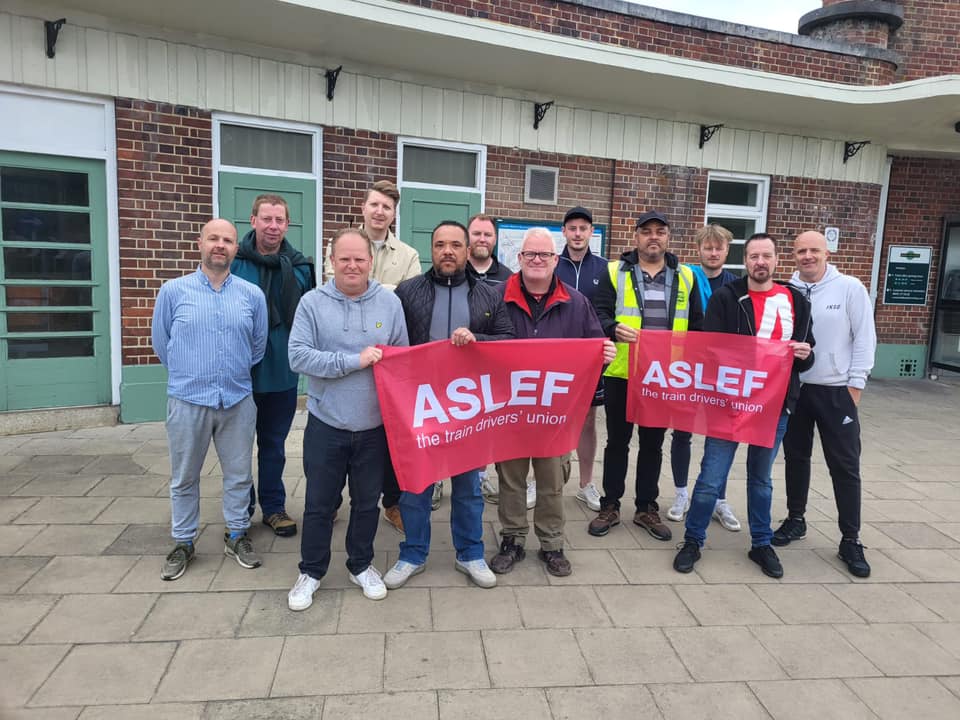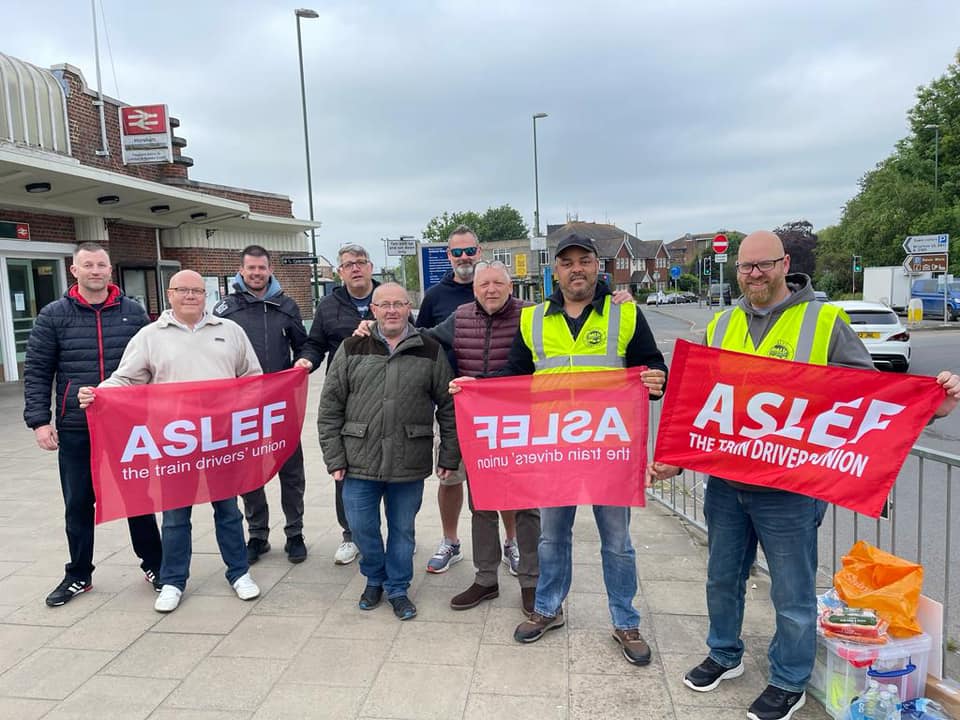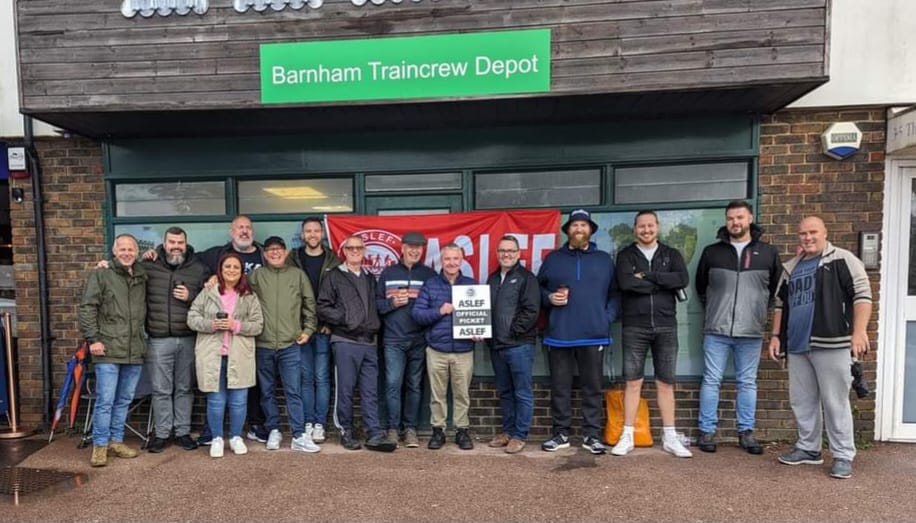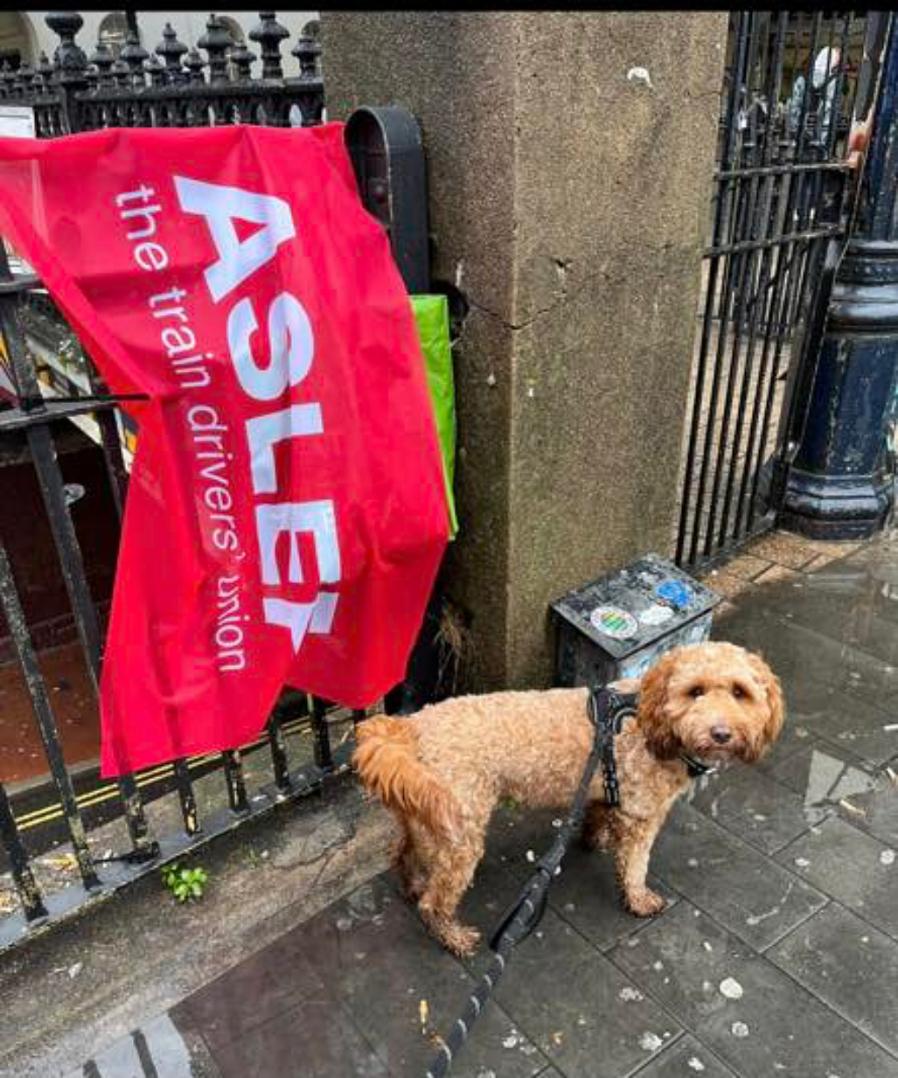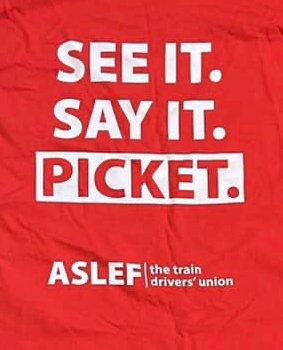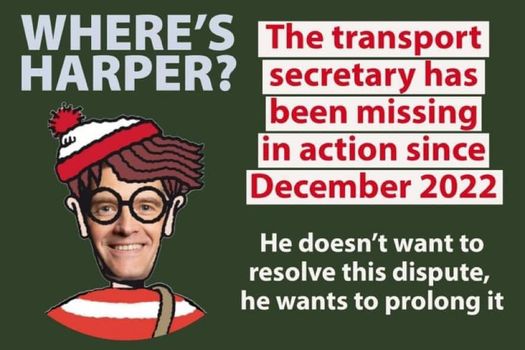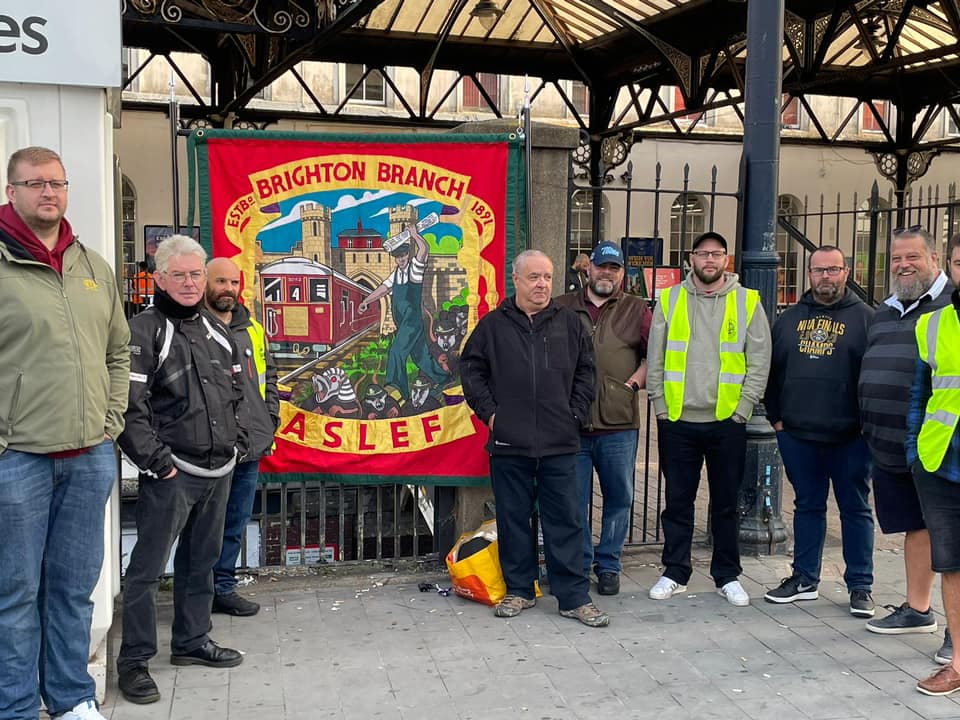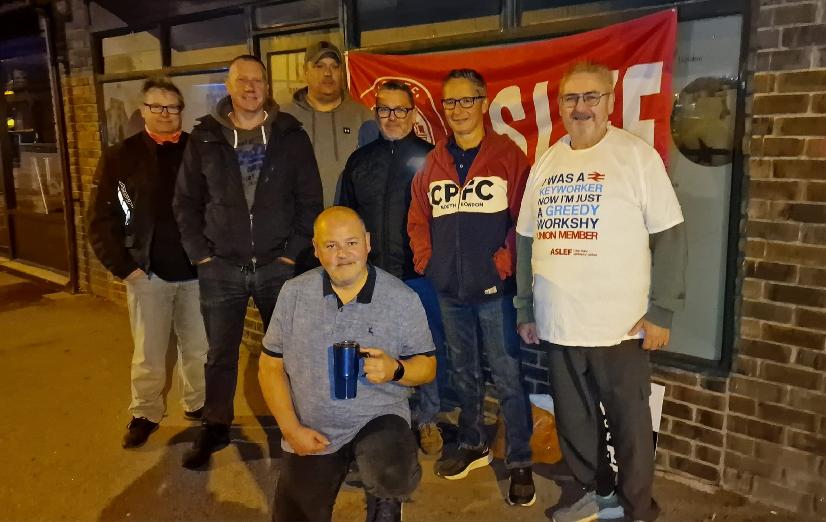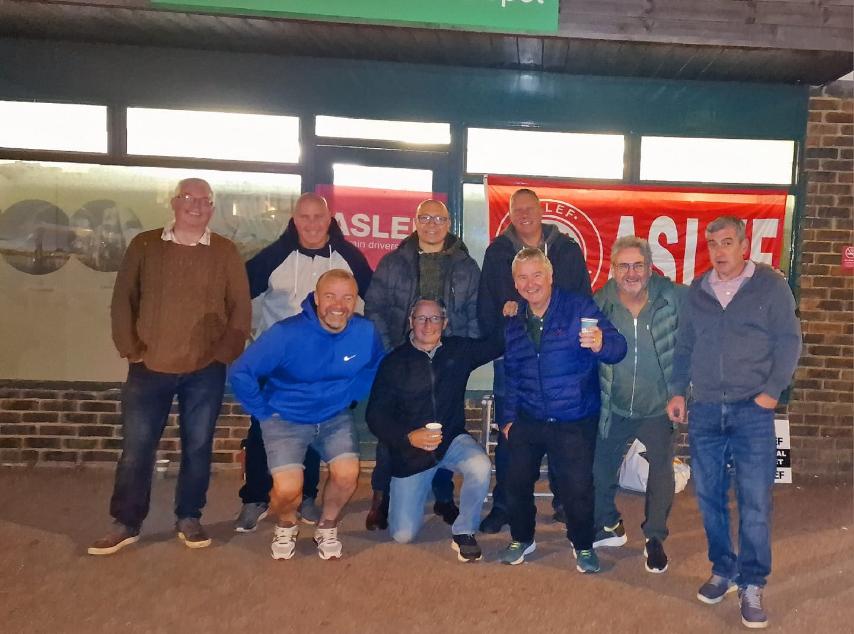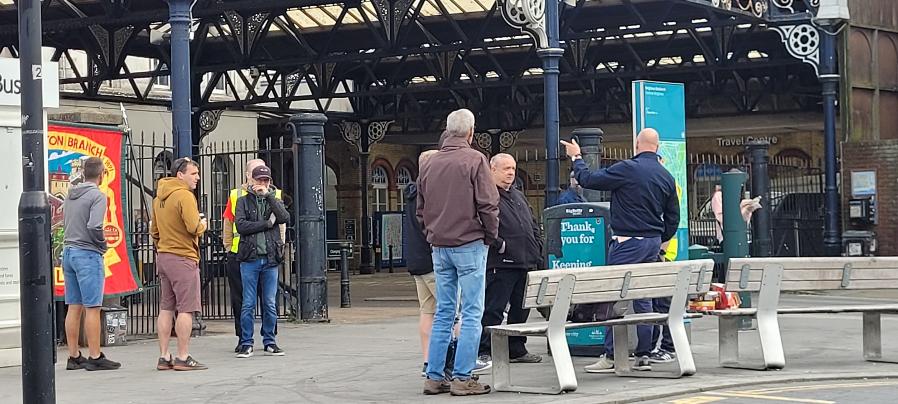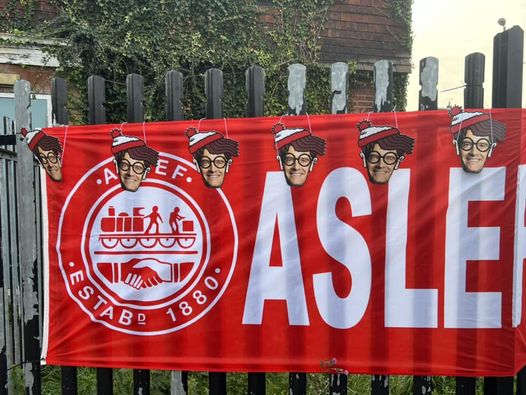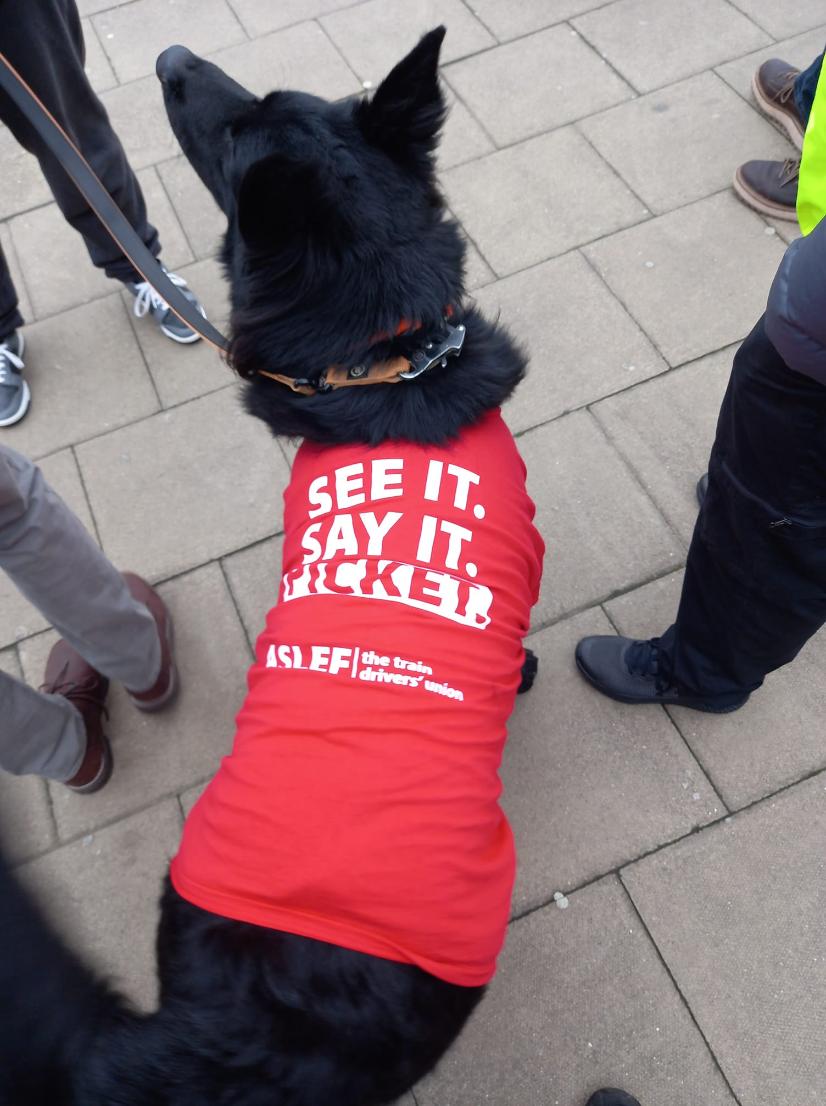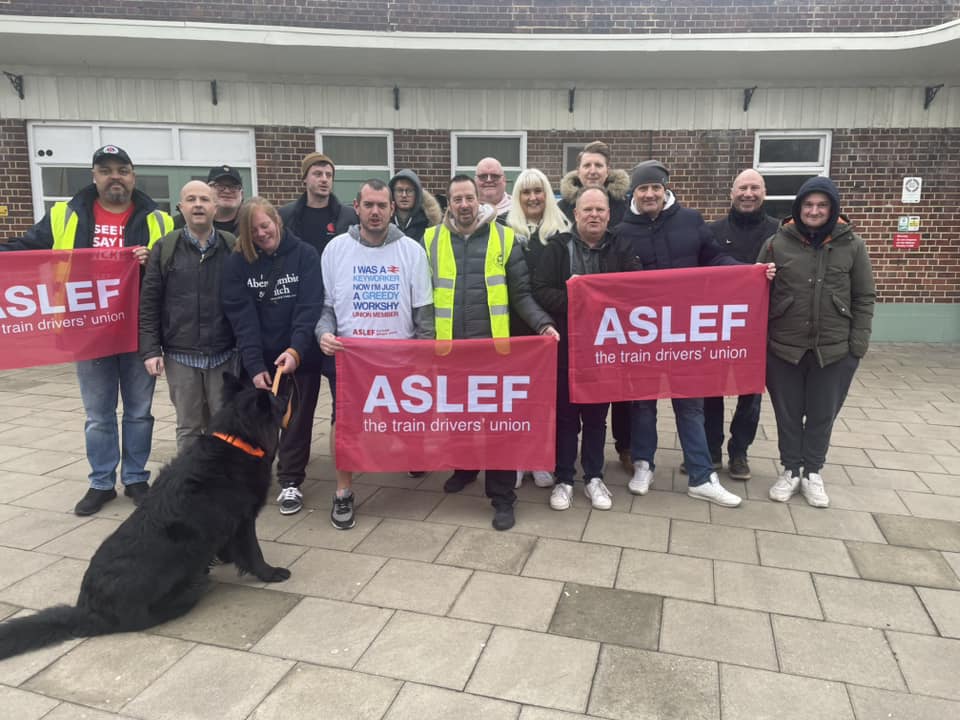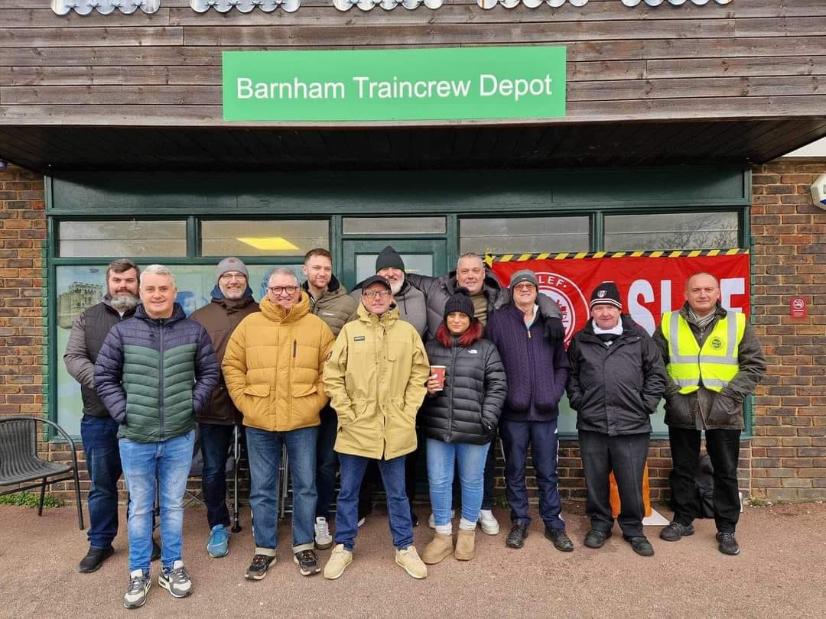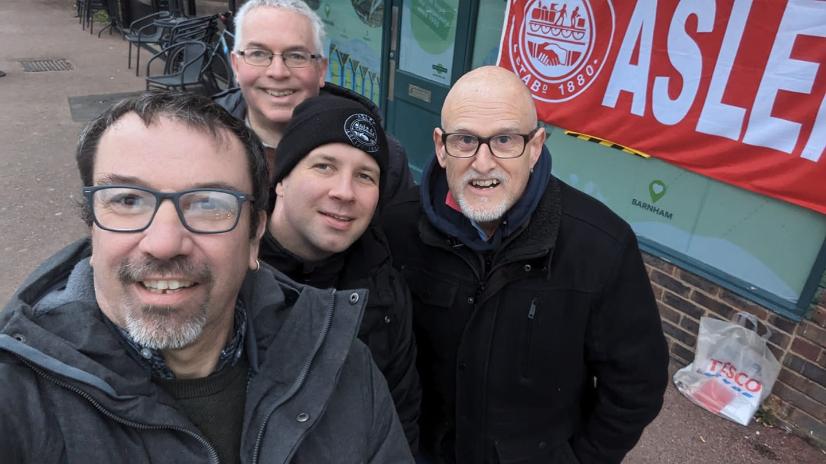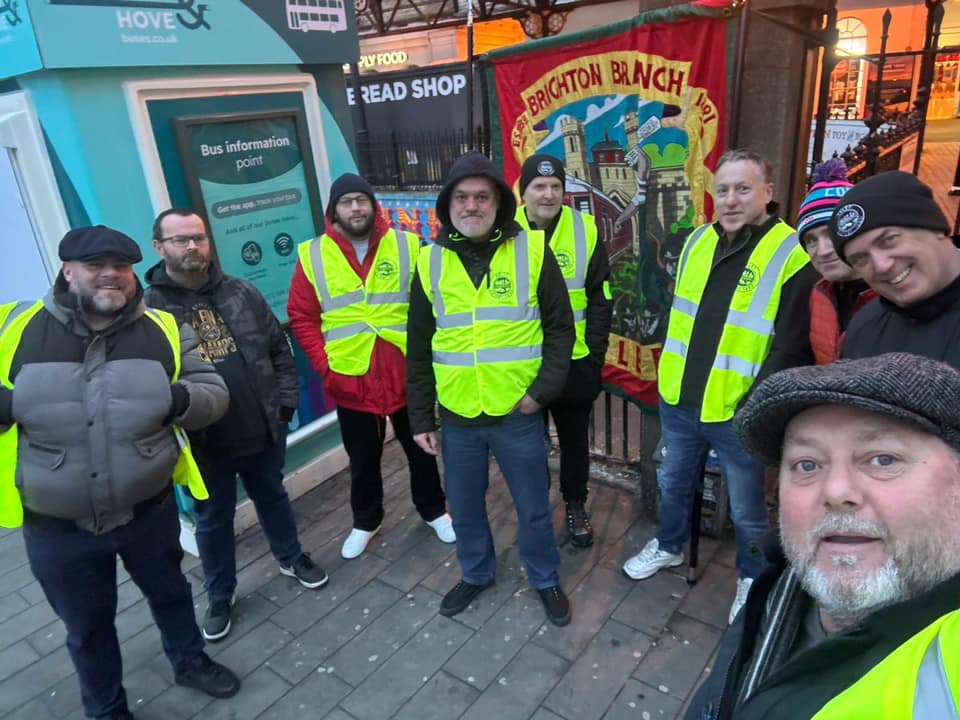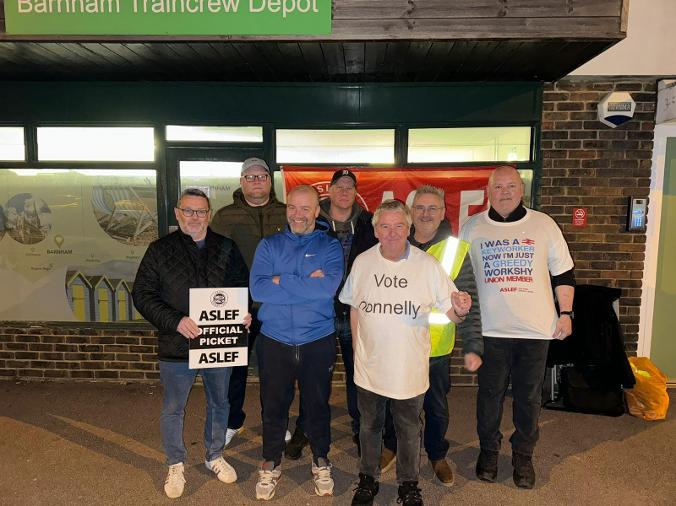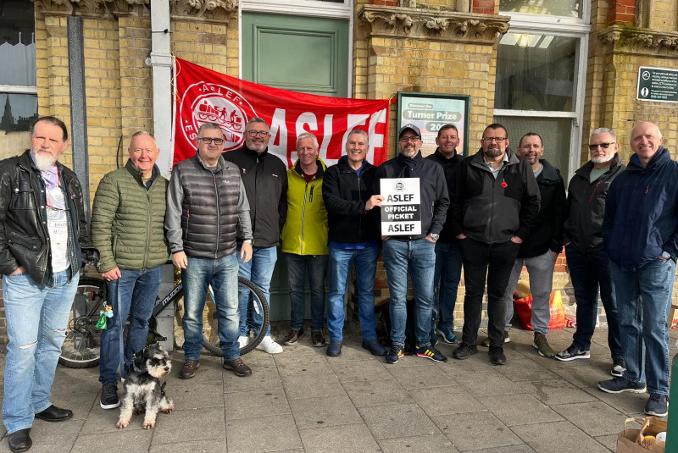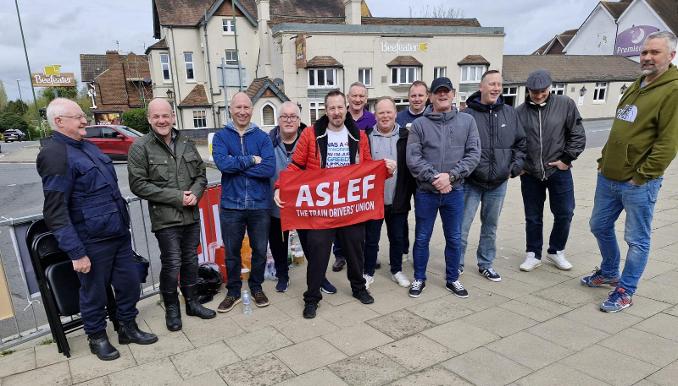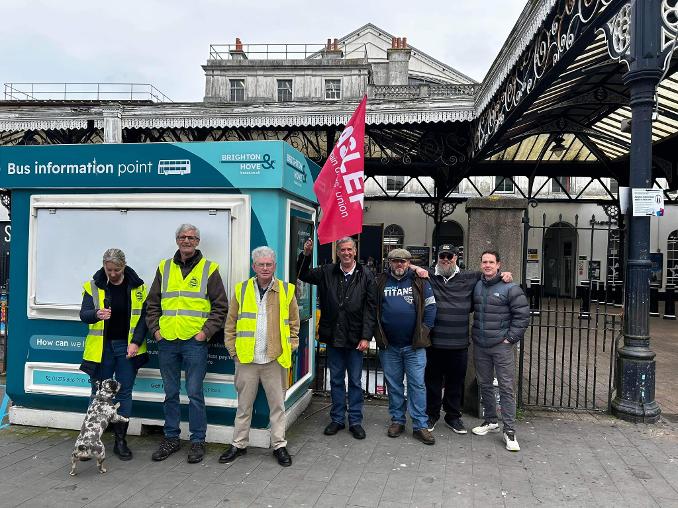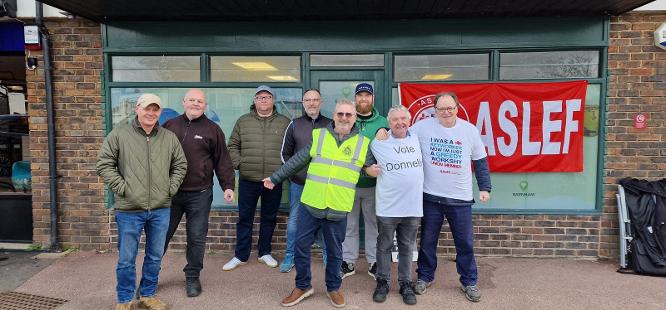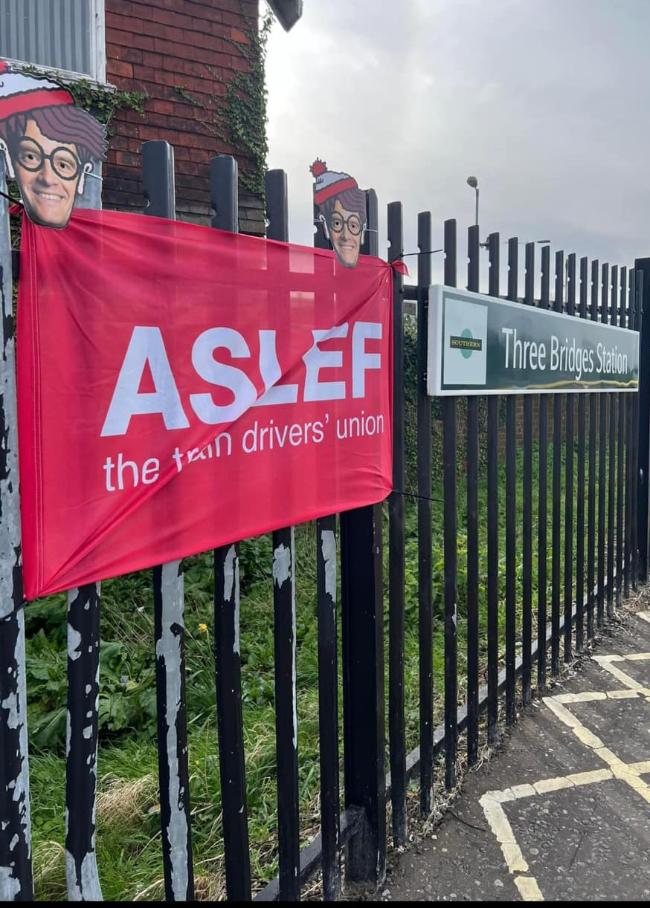Why? Because they have failed to offer their drivers – our members – a salary increase to keep pace with inflation. These are men and women – hailed as key workers during the pandemic for keeping people and goods moving around the country – who have not had a pay rise for four years.
Since we went into dispute we have called eight one-day strikes – more in sorrow than in anger – and drivers withdrew their labour on Saturday 30 July; Saturday 13 August; Saturday 1 October, Wednesday 5 October; Saturday 26 November; Thursday 5 January; and Wednesday 1 and Friday 3 February.
The strikes brought services on affected lines to a halt because ASLEF drivers don’t cross picket lines, drivers stand shoulder to shoulder with each other in solidarity, and TOCs know they can’t run a service without a driver.
We didn’t – and don’t – want to strike but the companies worked hard to push us into this place. Because they refused to offer our members – people who have not had a pay increase since April 2019 – a penny. They wanted train drivers to take a real-terms pay cut – to work just as hard for considerably less – while inflation has been running away under this economically inept Tory government at a rate somewhere north of 12%.
The train companies said their hands had been tied by the government. While the government – which does not employ us – said it was up to the companies to negotiate with us. We are always happy to negotiate – we never refuse to sit down at the table and talk – but the companies offered us nothing. And that was unacceptable.
Some people say strike action doesn’t work. They’re wrong. Because our strikes brought the train companies back to the table and persuaded the government to try, in the words of Transport Secretary Mark Harper and Rail Minister Huw Merriman, to ‘facilitate a resolution’ to the dispute.
We rejected a risible proposal by the Rail Delivery Group, a pressure group that lobbies on behalf of some of the privatised train companies, which arrived at the end not just of the working day, but at the end of the working week, on Friday 6 January, albeit after being selectively leaked by the DfT to The Sun, Daily Mail, and Daily Telegraph.
The proposal was completely unacceptable – they wanted to rip up our terms and conditions in return for a real-terms pay cut – and one of the team on the other side admitted, candidly but privately: ‘It was designed to be turned down.’ It had taken the RDG six months – and six one-day strikes – to make that proposal, but none of the points had been negotiated with us, and it was made only hours before we met the Rail Minister and then appeared before the Transport Select Committee.
We called two more days of action – on Wednesday 1 and Friday 3 February – and explained to the Rail Minister, in a frank and forthright manner, what was wrong with the RDG proposal and the way they had gone about it.
We have had two subsequent meetings, within the framework of the Rail Industry Recovery Group, established to help rebuild the railway post-pandemic, on Tuesday 7 and Thursday 16 February. We started with a blank sheet of paper – the proposals made by the RDG on Friday 6 January, rejected by ASLEF, have been withdrawn – and talks will continue.
The resolve of our members is rock hard. We have mandates for action at the 15 companies until the summer – a 93% ‘Yes’ vote for strikes on a turnout of 85% shows that our members are in this for the long haul.
The ball is now, firmly, in the companies’ court. They should do the right thing and make a serious and sensible offer – free of strings – to enable train drivers to buy, this year, what they could buy back in 2019.
They have the money – look at how much they ship off to shareholders in the form of dividends – and if they see sense then we can help get the railway back on track.

